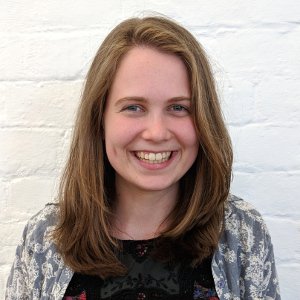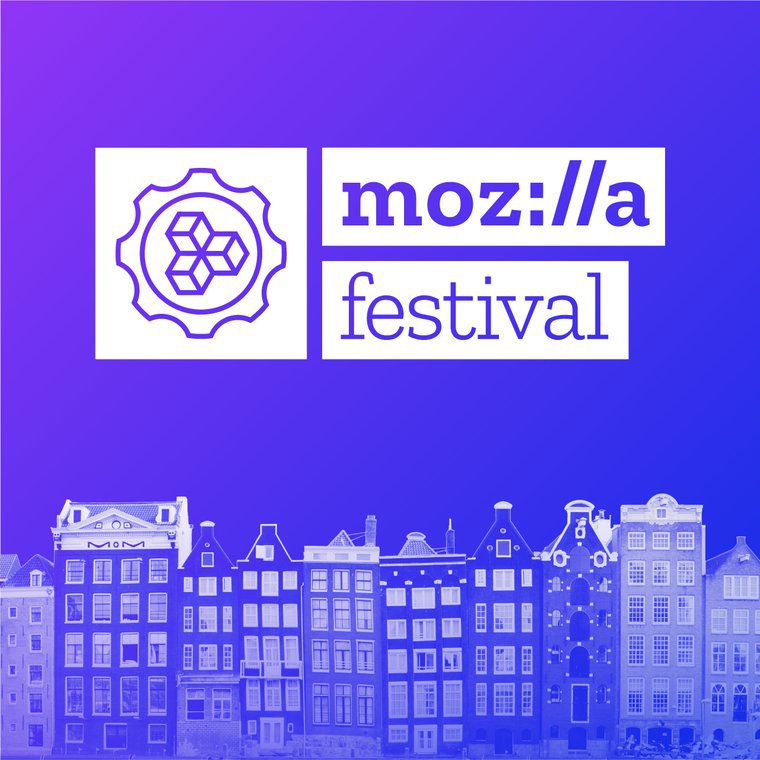On June 2nd, 2021, we kicked off the MozFest Book “Meet the Author” series with a panel discussion featuring MozFest Wranglers Aoibheann Mangan, Dervla O’Brien, and Alia ElKattan, as well as MozFest Program Manager Zannah Marsh. Our conversation revisited the MozFest book chapters “Youth Zone: A New Generation for Internet Health” by Zannah and “On Girls In STEM Education”, a transcription of a peer interview between Aoibheann and Alia on their respective journeys in STEM education. The book talk spanned the topics discussed in both chapters: the panelists’ hopes for a STEM field more inclusive and inviting for young women, as well as their hopes for more online youth participation.

Opportunities and Obstacles in Online Youth Participation
The call started with a discussion of how the pandemic influenced digital participation and access to educational opportunities. Aoibheann reflected on how the switch to an online setting provided her with more access to opportunities in the past year than she’d typically be able to engage with from her hometown of Mayo, Ireland. That said, the increase in online opportunities, particularly pertaining to STEM educational events, further magnified the existing digital divide; an issue Aoibheann has been familiar with due to her unreliable internet coverage.
Aoibheann Mangan
Dervla highlighted another byproduct of the increase in online events, namely the difficulty of balancing between different parts of your life and establishing boundaries between school, work, and recreational time online.
Aoibheann and Dervla experienced these trade-offs keenly while organizing the Youth Zone for the first ever online MozFest in March 2021. Throughout the talk, the two “Wranglers” highlighted the challenges they had to navigate for the first time, most notably with regards to facilitating an online, participatory community for youth that prioritized privacy and safety. The need for safeguarding participants greatly limited the types of interactions that could be allowed in the Youth Zone, which resulted in disabling video, audio, and public chat for all session participants. The difficulty in facilitating participatory sessions true to the MozFest spirit with these limitations highlighted the need for software that centers young people’s privacy and safety online by design.
Dervla O’Brien
Participants asked about tools and best practices to build safe and inclusive online experiences for young people, including in the virtual classroom. Though the panellists had used a range of virtual conferencing tools, the consensus was that what’s most important is to acknowledge that no single tool suits everyone equally, and that we all interact with the internet in different ways. Consequently, it is important to create opportunities for young learners to express their preferences and provide a range of possible interactions.
Alia ElKattan
Referring back to Aoibheann and Alia’s book chapter, girls’ education and entry into STEM was another primary topic on the call. One audience member asked what extracurricular activities got each of the panellists interested in STEM. As we spoke of childhood interests ranging from robotics to arts and online games, we reflected on how a wider range of entry points and educational opportunities would probably create more inclusion for girls in STEM. The idea that someone is either into the collective acronym “STEM” or not is harmful to girls who may grow up with a variety of interests they do not see reflected in the typical stereotype of a science or math major or a computer programmer. We referenced imagiLabs, a Stockholm-based startup working to teach young girls how to code by building customizable accessories as an example of how coding can apply to many hobbies and interests.
Aoibheann Mangan
Reflecting on Aoibheann and her friends' journeys into STEM, and particularly into coding, we recognized the importance of both having role models to look up to and peers with whom to share our experiences. While young girls would benefit from hearing the stories of the many women who've shaped the fields they aspire to join, being able to connect to communities of youth of a similar age, similar interests, and similar perspectives can be just as necessary.
With over 20 participants Zooming in from Poland, Germany, India, the Netherlands, and beyond, we were excited to discuss participants' questions and brainstorm together about an internet that is both more inviting for young girls learning about STEM and safer and more accessible for young audiences. As we answered audience questions and came up with more to ask, we were reminded of the importance of centering young people's perspectives and needs in these conversations. As MozFest Wranglers, we hope to take the book chapters and the resulting conversation forward as we invite more participants to share their thoughts and aim to collectively build festival spaces that embody the spirit of our call.
Dervla O’Brien is a Youth Zone wrangler and software developer in Belfast, Ireland. She makes educational minecraft (so down with the youth) and recently wrote on the US-centrism of internet culture.
Aoibheann Mangan is a Youth Zone wrangler and secondary school student in Mayo, Ireland. She’s won the “One to Watch” award Everywoman’s tech event alongside a number of technology and coding competitions.
MozFest is part art, tech and society convening, part maker festival, and the premiere gathering for activists in diverse global movements fighting for a more humane digital world. To learn more, visit www.mozillafestival.org.
Sign up for the MozFest newsletter here to stay up to date on the latest festival and internet health movement news.













